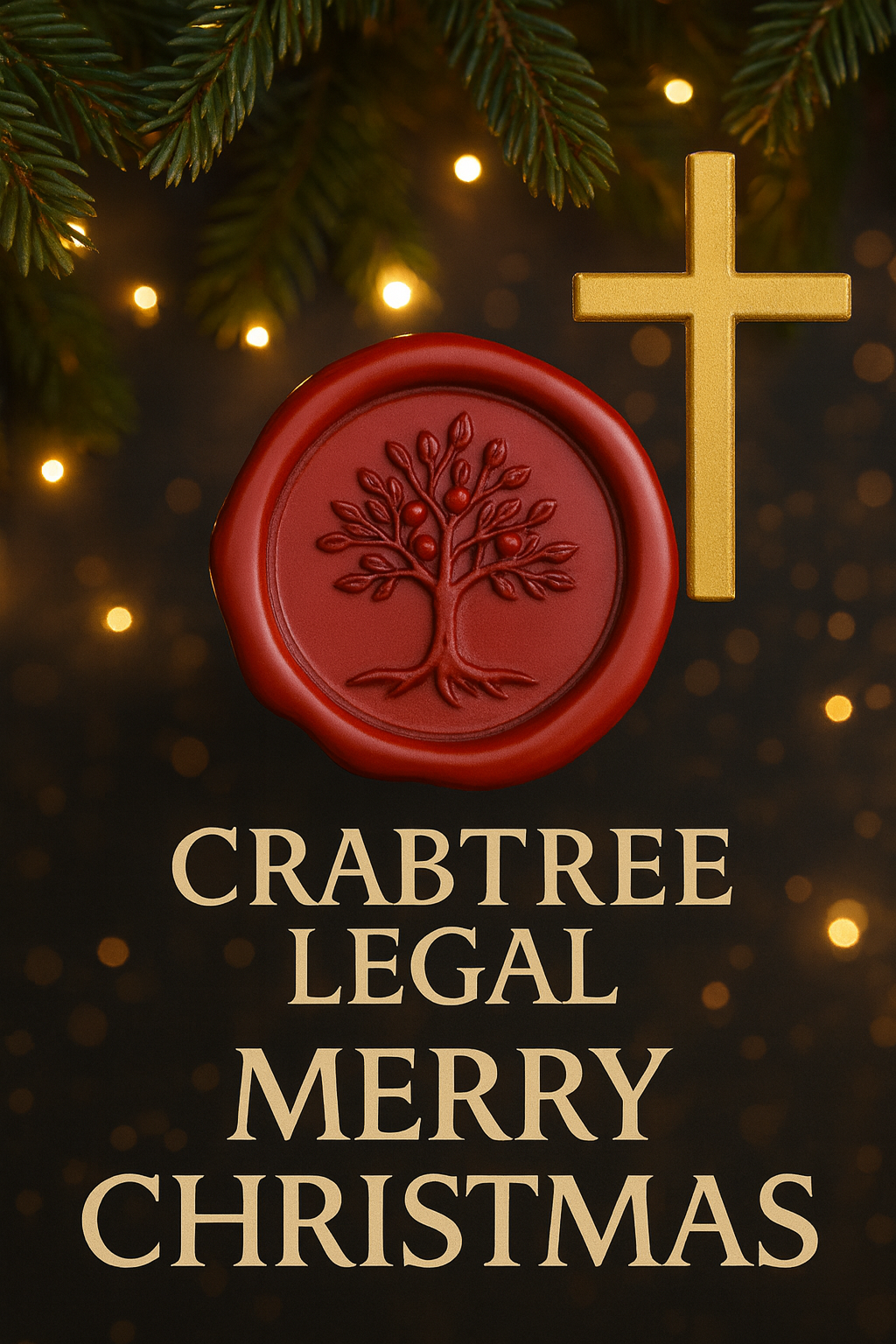Crabtree Legal Now a Proud Business Sponsor of Sonshine FM: Perth’s Family-Focused Radio Station

Crabtree Legal is delighted to announce our new partnership as a business sponsor of Sonshine FM, Perth’s family-focused radio station. As a firm committed to supporting local communities and family values, we’re thrilled to align ourselves with a station that shares our dedication to enriching the lives of Perth families.
Why Sonshine FM?
Sonshine FM is Perth's leading Christian radio station, offering uplifting, family-focused content to keep listeners connected and inspired. The station has earned deep community trust, making it a natural partner for Crabtree Legal as we strive to help individuals and businesses achieve their goals with confidence and clarity.
Supporting Our Community
From company set-ups and business structuring to Wills, estate and succession planning, Crabtree Legal is committed to providing high-quality, approachable legal services rooted in integrity and care. Our sponsorship of Sonshine FM allows us to give back to the community that has supported us, reinforcing our commitment to being there for you—whether in the boardroom or at the kitchen table.
Listen Out for Our Radio Ads
As part of our sponsorship, our firm adverts will be airing on Sonshine FM over the coming months. Tune in to hear how Crabtree Legal can help you with:
- starting up, buying or selling a Business; and/or
- preparing Wills and providing estate planning advice.
Hear our latest radio ads here:
- Crabtree Legal on Sonshine FM – Commercial Law.
- Crabtree Legal on Sonshine FM – Wills, Estate & Succession Planning.
Thank You for Your Support
We are deeply grateful to our clients and the wider Perth community for your trust. This sponsorship marks another step in our journey to make expert legal advice accessible and to provide support to families and businesses in Western Australia.
Ready to take the next step for your business or personal legal needs?
Contact Crabtree Legal today and discover the difference that genuine expertise and care can make.



